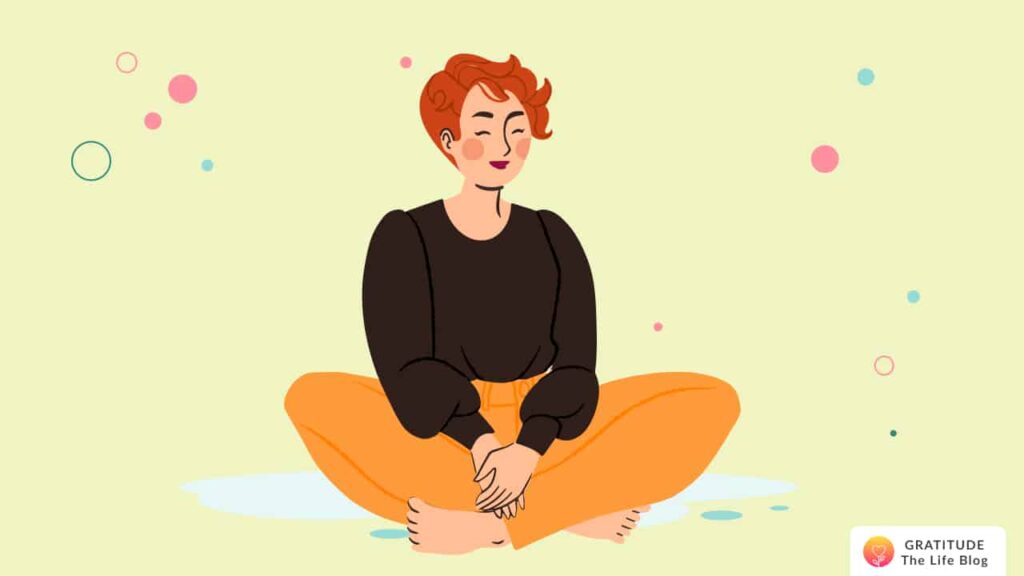
Do you ever get the feeling that your life is just one big juggling act? You’re doing the best you can to keep it all together, but sometimes it feels like the balls are dropping faster than you can juggle them. You’re running around from work to home to gym, and in between all of that, you somehow have to find time for friends, family and your own personal goals.
You’re probably also feeling a bit stressed out—and tired. You might even be wondering if there’s a way to be more productive without sacrificing your health and happiness along the way.
If this sounds like you, then holistic self-care may be the answer! Let’s delve deeper into what holistic self-care is and how it impacts people:
Comprehensive Well-being

You must be thinking what is holistic self-care? Well, the short answer is that it’s not just about physical health. It’s about your emotional and spiritual health too. Holistic self-care is an approach to wellness that recognizes the interconnectedness of all aspects of a person—the body, mind, emotions, and spirit. In this way of thinking, we are not separate from our environment or each other; instead, we are all connected in a web of relationships that affect us every day.
To understand how holistic self-care works, think about how you feel when you’re in a good mood: You’re more likely to be friendly and open to new experiences. Now think about how you feel when you’re feeling anxious or sad: Maybe you want to stay home with a book instead of going out with friends? Maybe it’s harder for you to focus on work because your mind keeps wandering back to something unpleasant from earlier in the day?
What do these two scenarios have in common? They both show how our thoughts affect our bodies and vice versa—and they both illustrate how much influence our environment has on us as individuals as well as members of society at large.
Physical Well-being
When you’re in the midst of a busy workweek, it can feel like there’s no time for anything besides the basics: sleep, food, and exercise. But when you take a moment to prioritize your physical well-being, you’ll find that it not only helps you maintain physical health, but also boosts energy levels and prevents illness. When physical well-being is prioritized, individuals often experience increased vitality and reduced stress.
If this sounds like something worth prioritizing in your life, here are some tips for how to get started! First things first: find out what works for you. Are you someone who thrives on intense workouts? Or do you prefer a more laid-back approach to fitness? Do you love eating healthy foods or would rather indulge in comfort food? Once you know what makes YOU feel good, it’ll be much easier to plan out how best to take care of yourself!
Next step: set up an exercise routine and stick with it! If that means going for a walk every morning before work or taking yoga classes twice a week at your gym, then do those things—even if they aren’t quite as intense as what other people are doing (or think they should be doing). You’ll be amazed at how much better you will actually feel.
Emotional Well-being
Emotional self-care is about nurturing the part of you that’s too often neglected: your emotions. Emotions are a normal part of life and are necessary for healthy relationships, but they can also be tricky to manage. They can make you feel out of control and even crazy at times, but when you work with them in a healthy way, they can also help you build resilience and reduce anxiety.

Emotional self-care is centered on recognizing, understanding, and managing one’s emotions in a healthy way. It involves practices like mindfulness (being aware of what’s going on inside your mind), therapy (a process through which people talk through their thoughts and feelings with a trained professional), self-compassion (the ability to be kind toward oneself), and healthy emotional expression (speaking up about how you’re feeling). By nurturing emotional well-being, individuals can build resilience, reduce anxiety and depression, and improve their relationships.
Spiritual Well-being
Spiritual self-care is about finding meaning, purpose, and connection in life. It’s about being able to find peace within yourself, no matter what’s going on around you. It’s about being able to look at the world with a sense of wonder and awe, rather than fear or confusion.
Spiritual self-care can be as simple as meditating on your breath or reflecting on a quote you love, or it can be as involved as taking a trip to climb mountains or visit sacred sites. It can involve spending time in nature or engaging in spiritual practices aligned with your beliefs—whatever helps you feel connected to something bigger than yourself.
It is important to remember that holistic self-care is not a quick fix. It involves making small changes over time, and it can be challenging to commit to new routines when you feel overwhelmed by life’s demands. But the rewards of making these changes are well worth it: holistic self-care will help you feel better both physically and emotionally, and it will also give you more energy and focus so that you can take on the challenges of everyday life with more resilience and confidence.
So what are you waiting for? It’s time to start practicing holistic self-care!
RUCHI RATHOR Founder & CEO
Payomatix Technologies Pvt. Ltd.
FOUNDER AND INVESTOR | PAYMENTS PROCESSING EXPERT | MERCHANT ACCOUNT SOLUTIONS | WHITE LABELLED PAYMENT GATEWAY | Dreamer, Creator, Achiever, Constantly Evolving
Website Ruchi Rathor: https://ruchirathor.com
Website Healing Heart https://thehealingheart.me/
Instagram https://www.instagram.com/ruchirathor/
LinkedIn https://www.linkedin.com/in/ruchirathor12/
Facebook https://www.facebook.com/ruchi.rathor.magnificient
Tumblr https://www.tumblr.com/blog/ruchirathor-thehealingheart
Medium https://medium.com/@ruchirathor_23436









